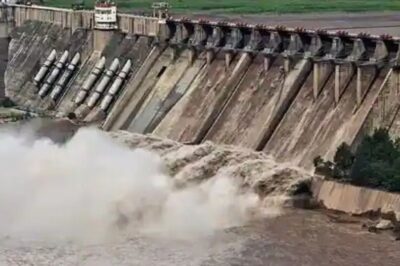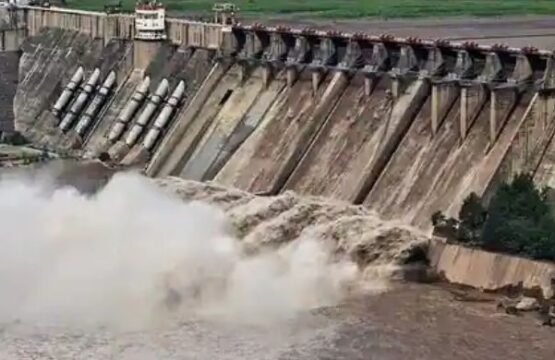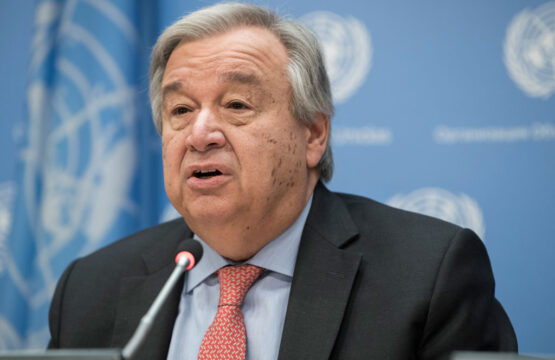Islamabad, May 6, 2025 (WAI): In a deeply alarming escalation, India has drastically cut water flow to Pakistan from the Chenab and Jhelum rivers, intensifying regional tensions and posing a grave threat to Pakistan’s water security and food systems.
According to official sources, India has shut the sluice gates of the Baglihar Dam on the Chenab River as part of de-silting operations, reducing downstream flow to Pakistan by up to 90%. Simultaneously, similar measures are being prepared for the Kishanganga Hydroelectric Project on the Jhelum River, which could further restrict water access.
These actions follow India’s earlier political statements that “not a single drop of water” will be allowed to flow to Pakistan, in violation of the 1960 Indus Waters Treaty (IWT) – a legally binding agreement brokered by the World Bank that allocates the western rivers (Indus, Jhelum, Chenab) to Pakistan.
Also Read: United Nations calls for immediate de-escalation following Pahalgam Attack
The consequences of India’s unilateral actions are dire. Pakistan’s major irrigation systems in Punjab and Sindh, which rely on Chenab’s 26 MAF and Jhelum’s 23 MAF annual inflows, are already experiencing severe shortages. Water availability for agriculture has dropped significantly, threatening wheat and vegetable harvests and deepening the risk of food insecurity for millions.
Furthermore, reduced river flows are jeopardizing hydroelectric output at key facilities like the Mangla Dam, exacerbating Pakistan’s energy crisis at a time of already constrained power supply.
The Government of Pakistan strongly condemns these aggressive and coercive water policies and urges the United Nations, World Bank, and international stakeholders to hold India accountable for violating the IWT and risking regional peace.
“Weaponizing water is not just an environmental crime but a humanitarian threat. India must be stopped from turning rivers of life into instruments of pressure,” said Pakistan’s Foreign Office.








Leave a Reply